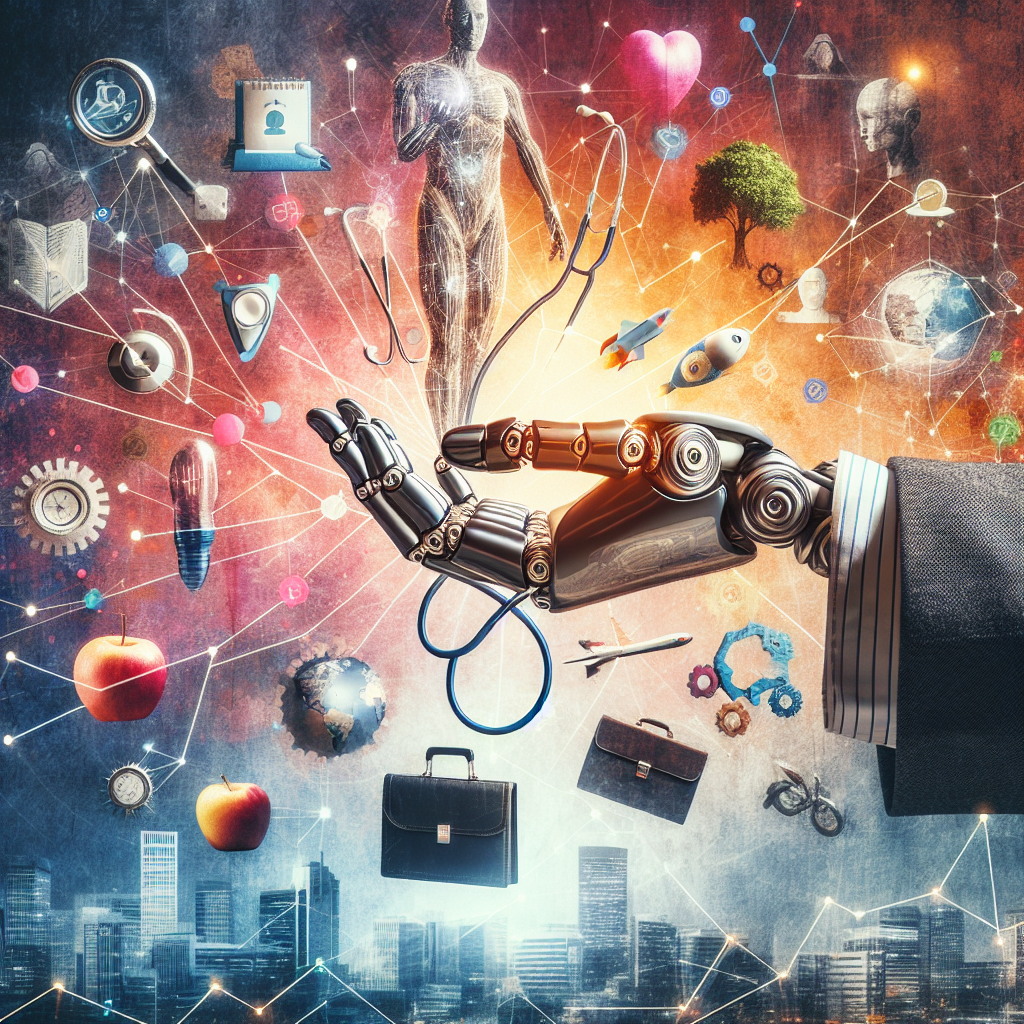Artificial General Intelligence (AGI) has long been a topic of fascination and speculation in the world of technology and science fiction. AGI refers to a form of artificial intelligence that possesses the ability to understand, learn, and apply knowledge in a way that is indistinguishable from human intelligence. While we have made significant strides in the field of artificial intelligence in recent years, true AGI has yet to be achieved. However, many experts believe that it is only a matter of time before we reach this milestone.
The implications of AGI on society are vast and far-reaching. From job displacement to ethical considerations, the advent of AGI will undoubtedly change the way we live and work. In this article, we will explore what we can expect from the development of AGI and how it will impact various aspects of society.
Job Displacement
One of the most significant implications of AGI on society is the potential for job displacement. As AGI becomes more advanced, it will be able to perform a wide range of tasks that are currently carried out by humans. This could lead to mass unemployment in many industries, as machines become more efficient and cost-effective than human workers. While some new jobs may be created as a result of the development of AGI, it is likely that many people will find themselves out of work as a result of automation.
Ethical Considerations
Another important consideration when it comes to the development of AGI is the ethical implications. As machines become more intelligent and autonomous, questions arise about how they should be treated and what rights they should have. For example, should AGI have the same rights as humans? Should they be held accountable for their actions? These are complex questions that will need to be addressed as AGI becomes more prevalent in society.
Privacy and Security
With the rise of AGI comes concerns about privacy and security. As machines become more intelligent, they will have the ability to collect and analyze vast amounts of data about individuals. This raises questions about how this data should be used and who should have access to it. Additionally, there is the risk of AGI being used for malicious purposes, such as hacking or surveillance. It will be important for society to develop robust regulations and safeguards to protect against these risks.
Social Equality
The development of AGI also raises concerns about social equality. As automation becomes more prevalent, there is a risk that wealth and power will become concentrated in the hands of a few individuals or corporations. This could exacerbate existing inequalities in society and lead to increased social unrest. It will be important for policymakers to consider how to ensure that the benefits of AGI are distributed fairly and equitably.
FAQs
Q: When can we expect AGI to become a reality?
A: While it is difficult to predict an exact timeline, many experts believe that we could see the development of AGI within the next few decades.
Q: Will AGI be able to surpass human intelligence?
A: It is possible that AGI could eventually surpass human intelligence, as machines have the potential to process information much faster and more efficiently than humans.
Q: What are the potential benefits of AGI?
A: AGI has the potential to revolutionize many industries, from healthcare to transportation. It could lead to new advancements in medicine, science, and technology that could improve the quality of life for people around the world.
Q: How can we prepare for the impact of AGI on society?
A: It will be important for policymakers, businesses, and individuals to start thinking about the implications of AGI and how to mitigate any negative effects. This could involve investing in education and training programs, developing regulations to protect privacy and security, and ensuring that the benefits of AGI are shared equitably.
In conclusion, the development of AGI will have a profound impact on society in the coming years. While there are many potential benefits to be gained from this technology, there are also significant challenges that will need to be addressed. It will be important for society to start thinking about these implications now and to develop strategies to ensure that the benefits of AGI are realized in a way that is fair and equitable for all.

